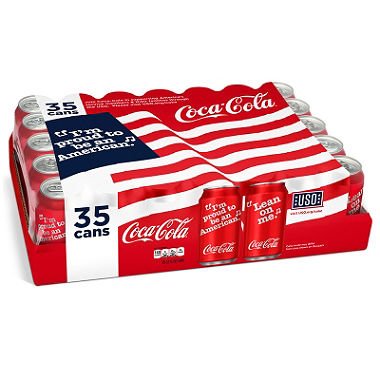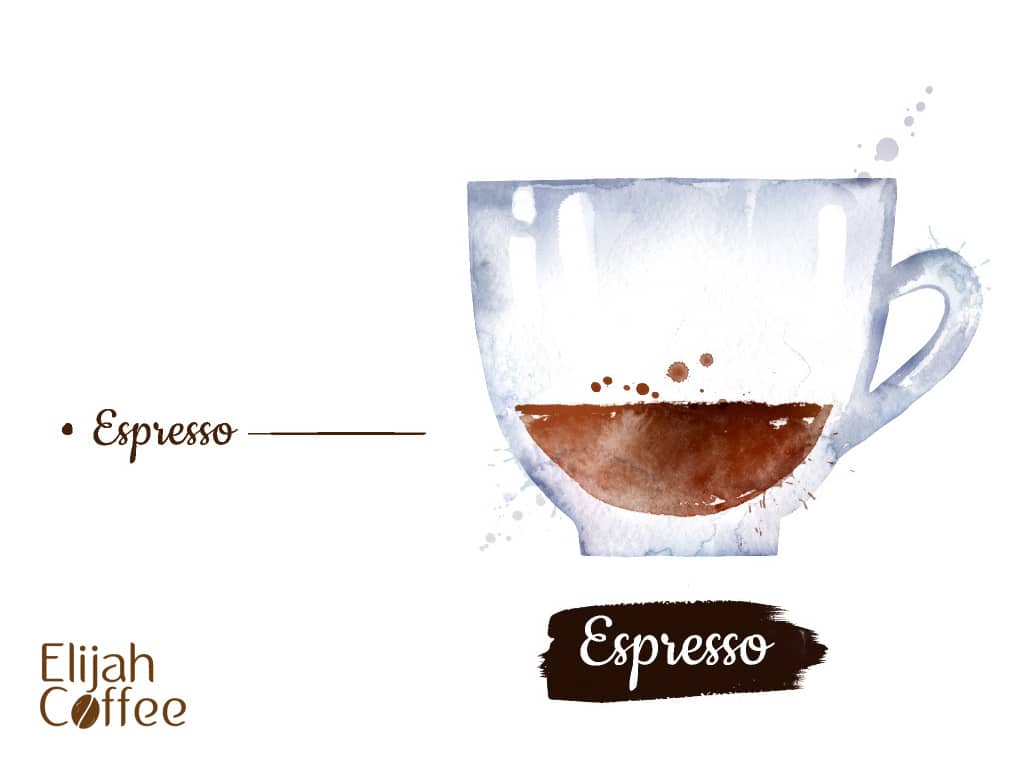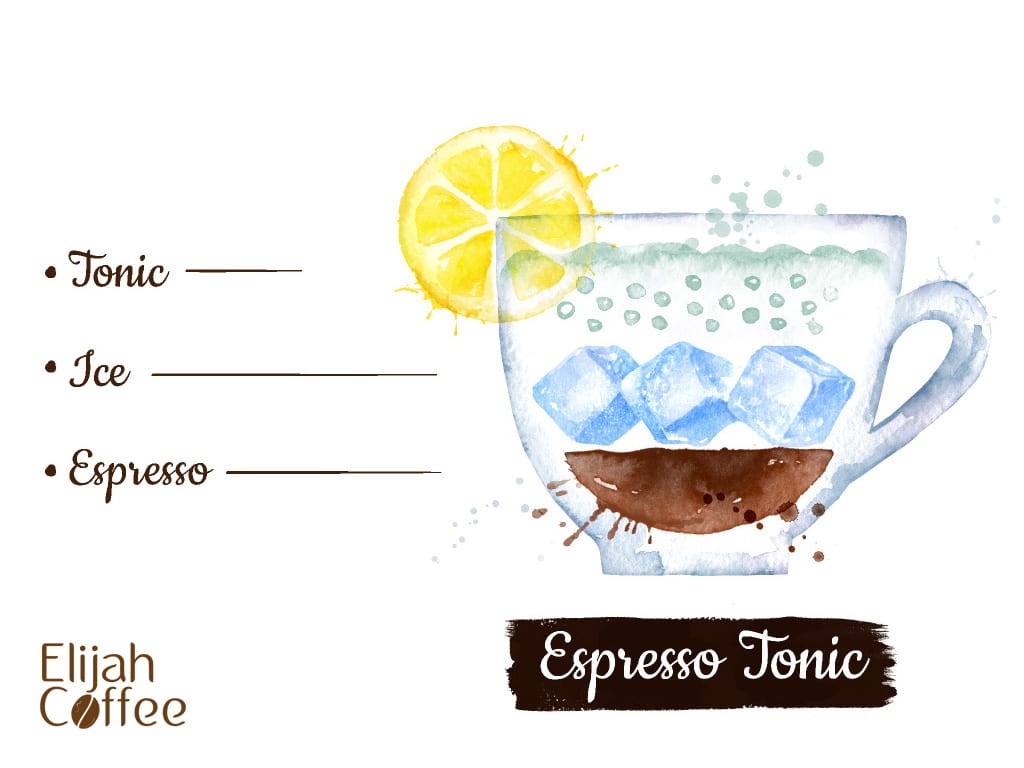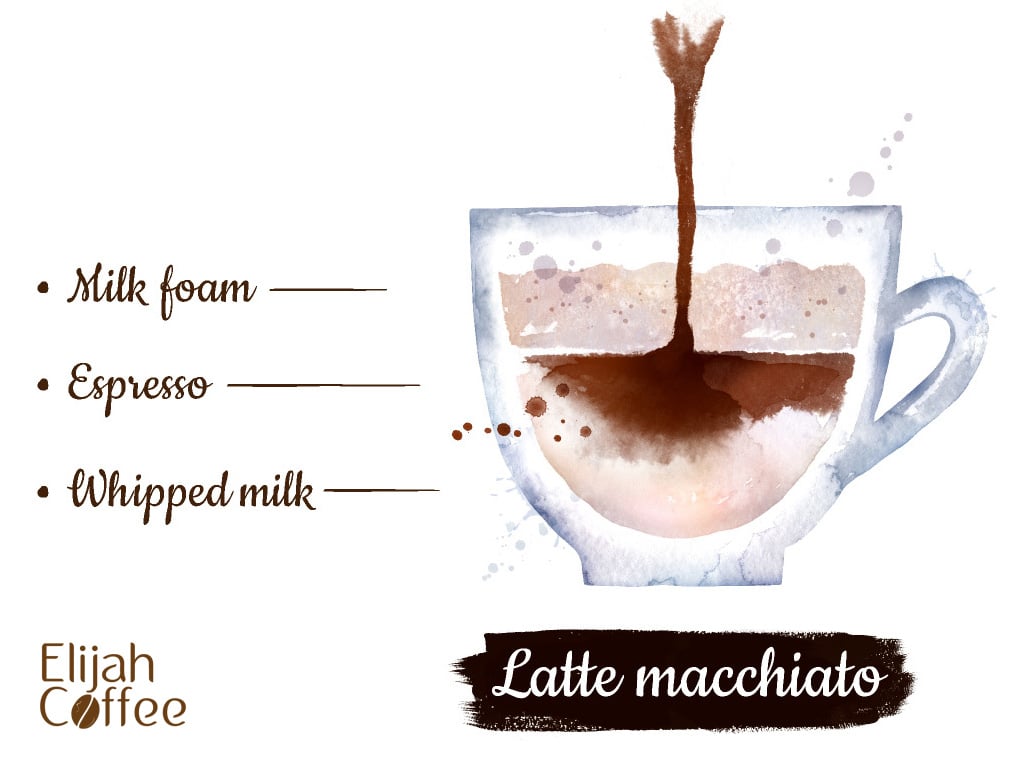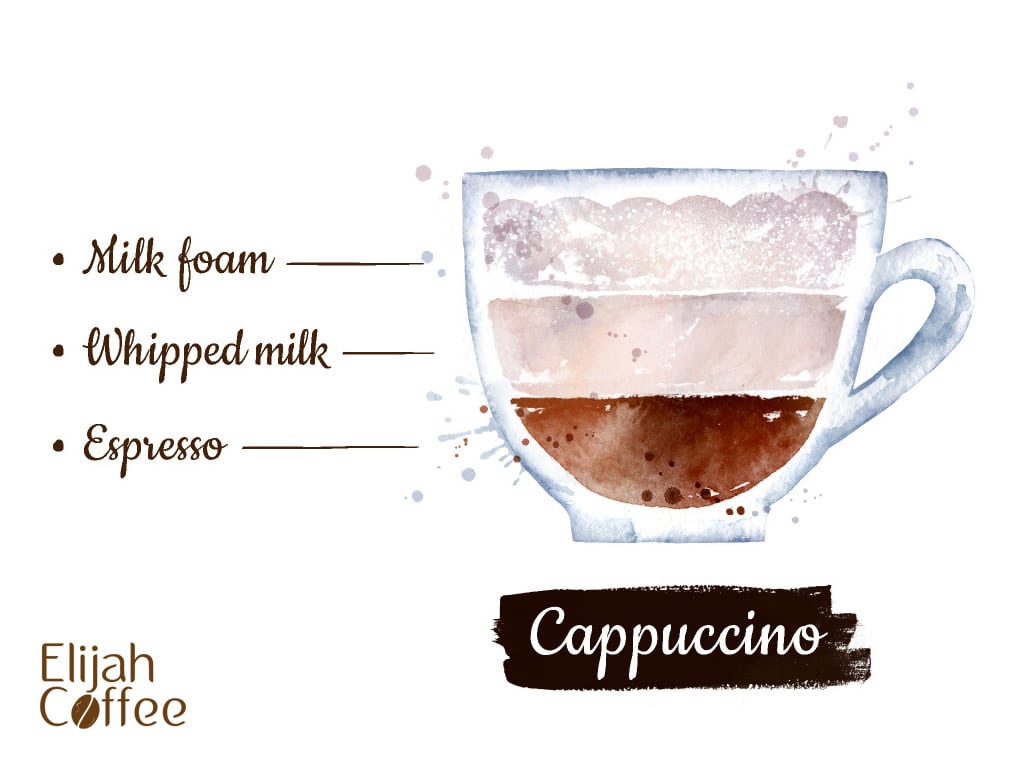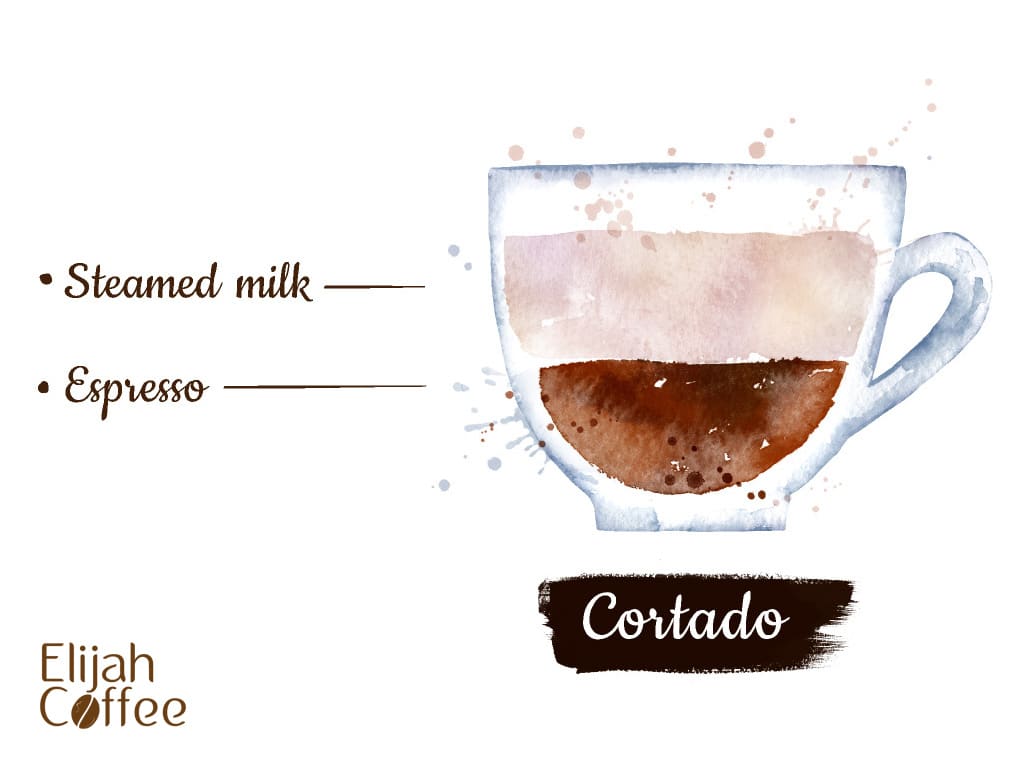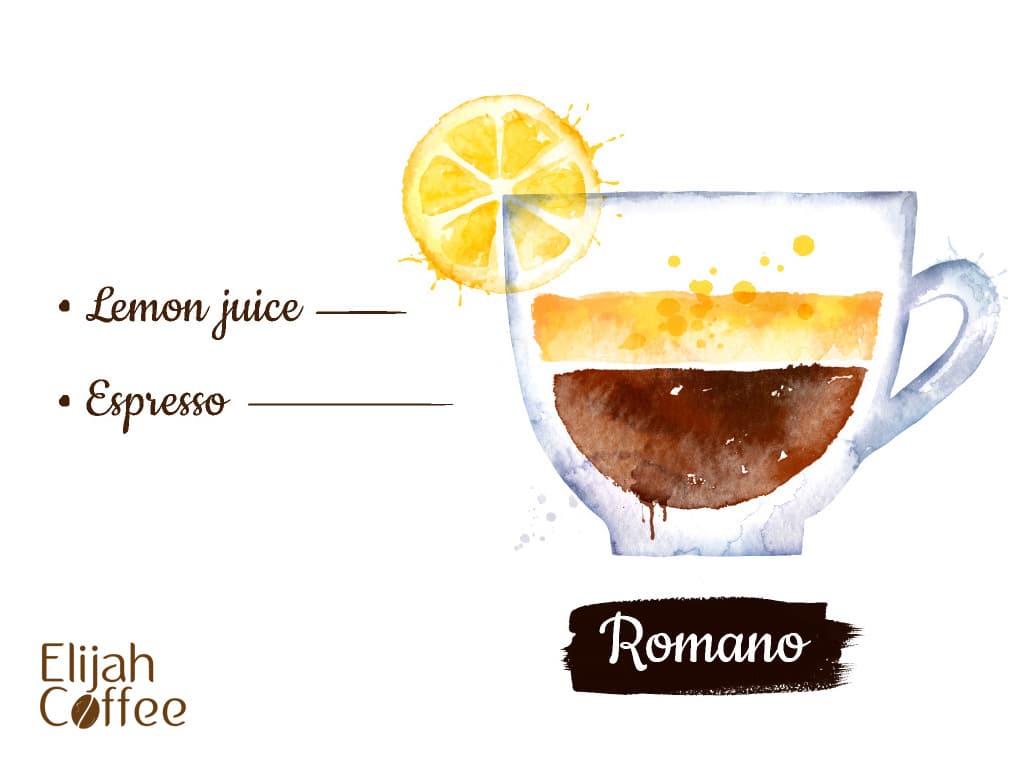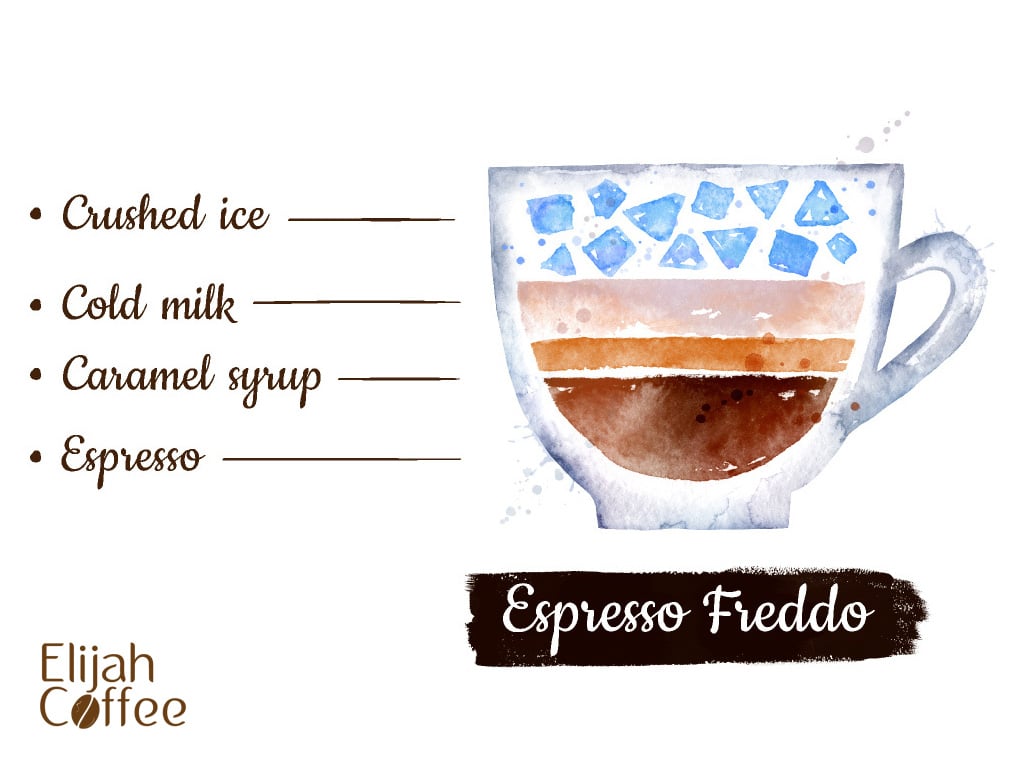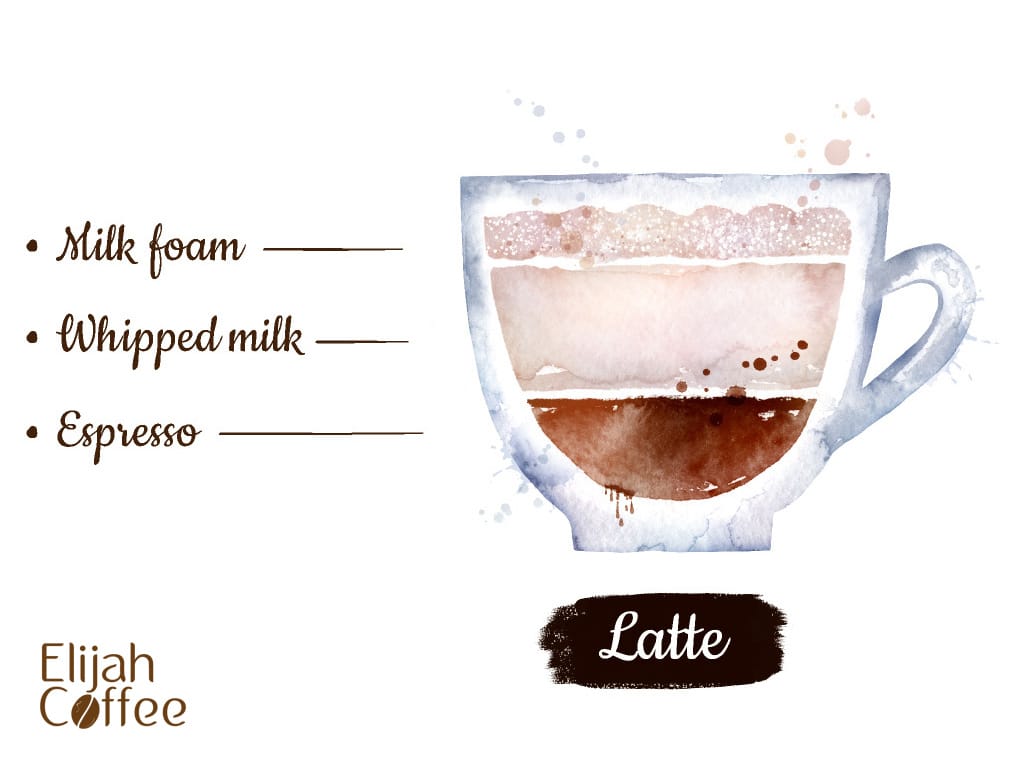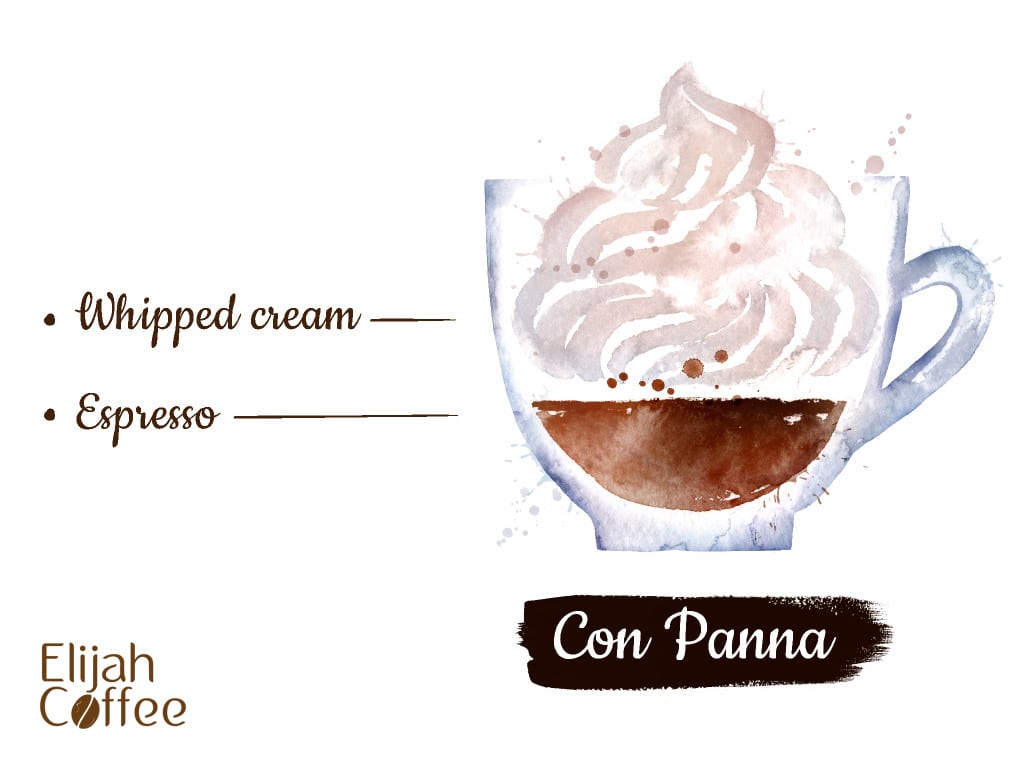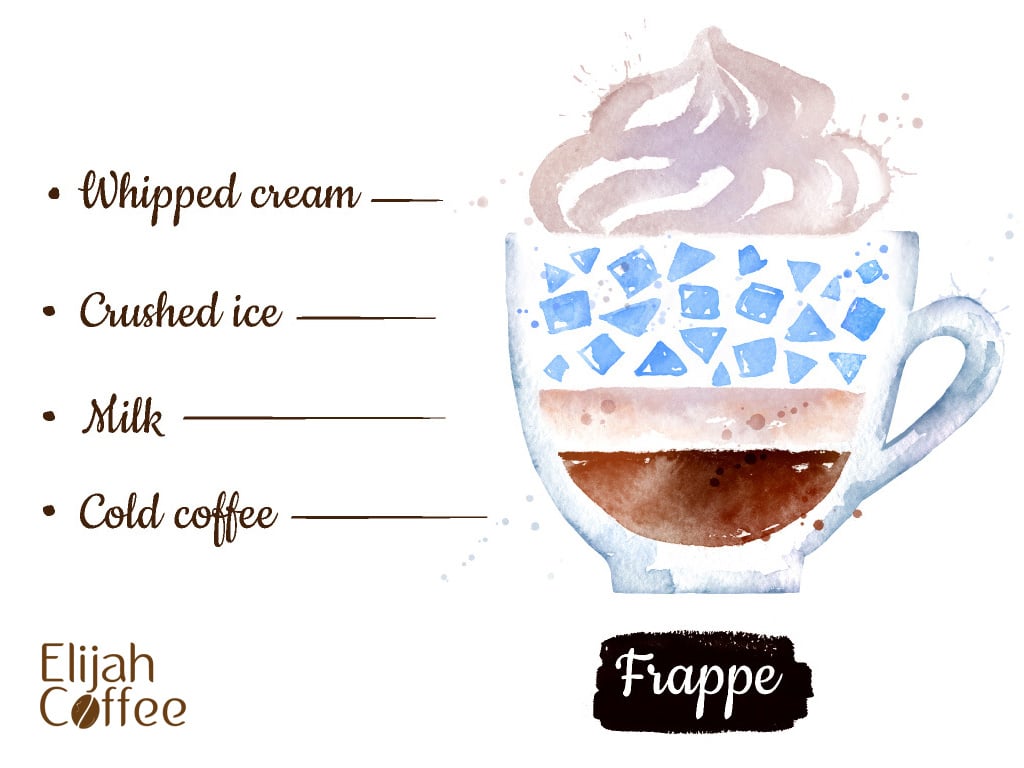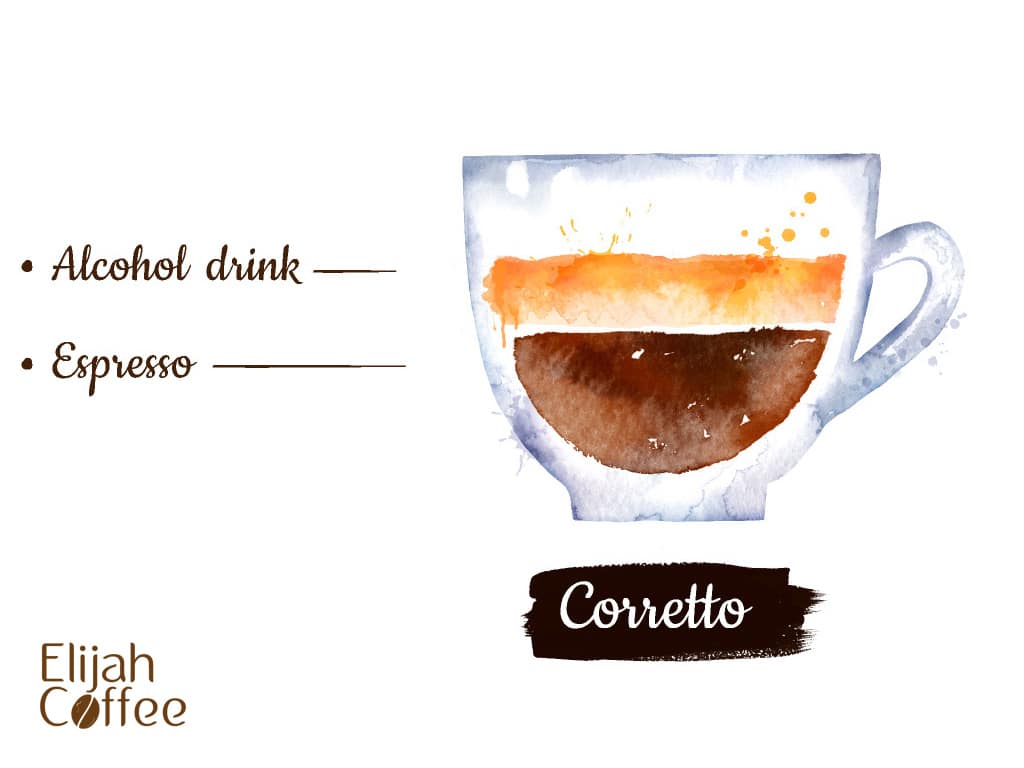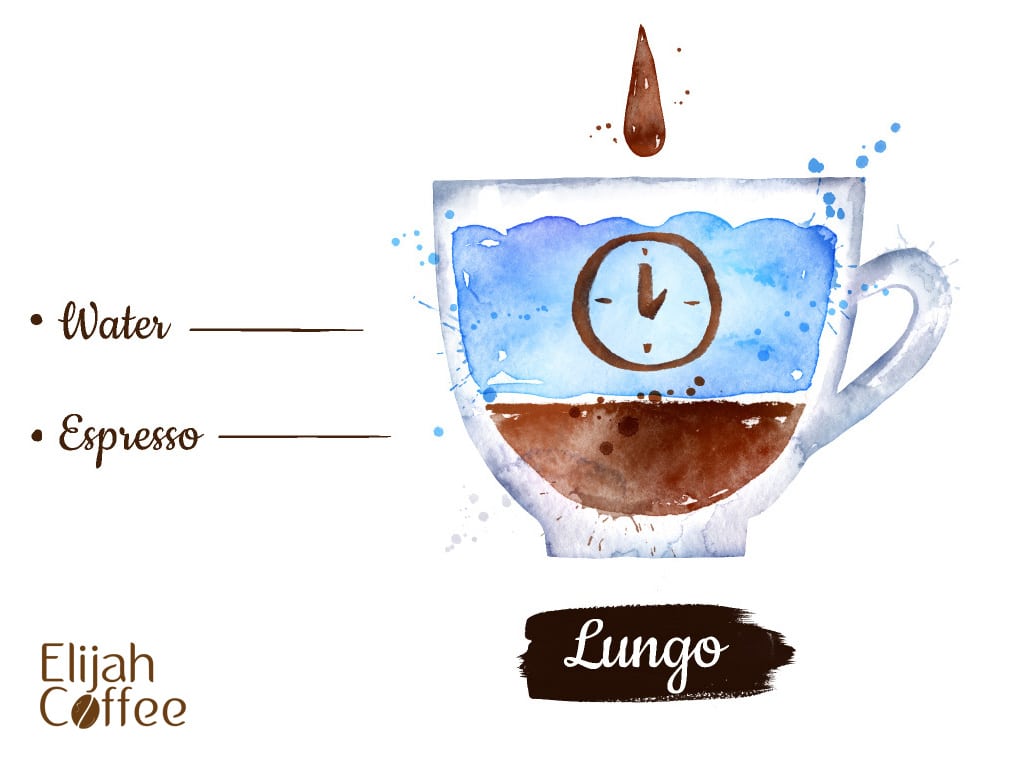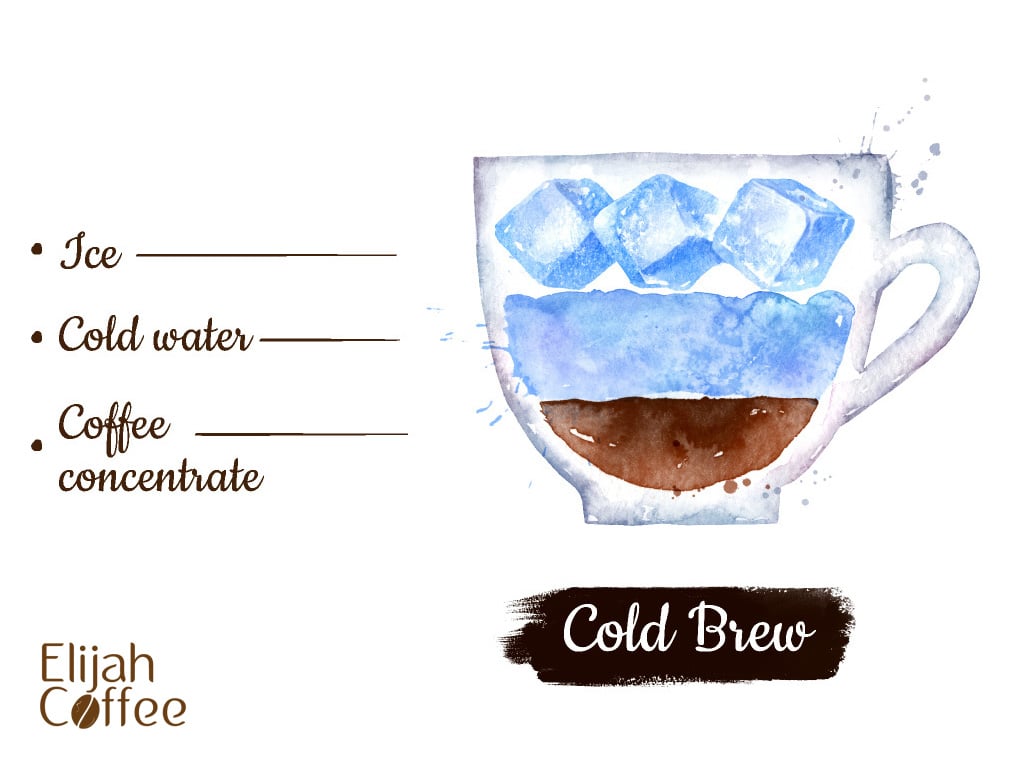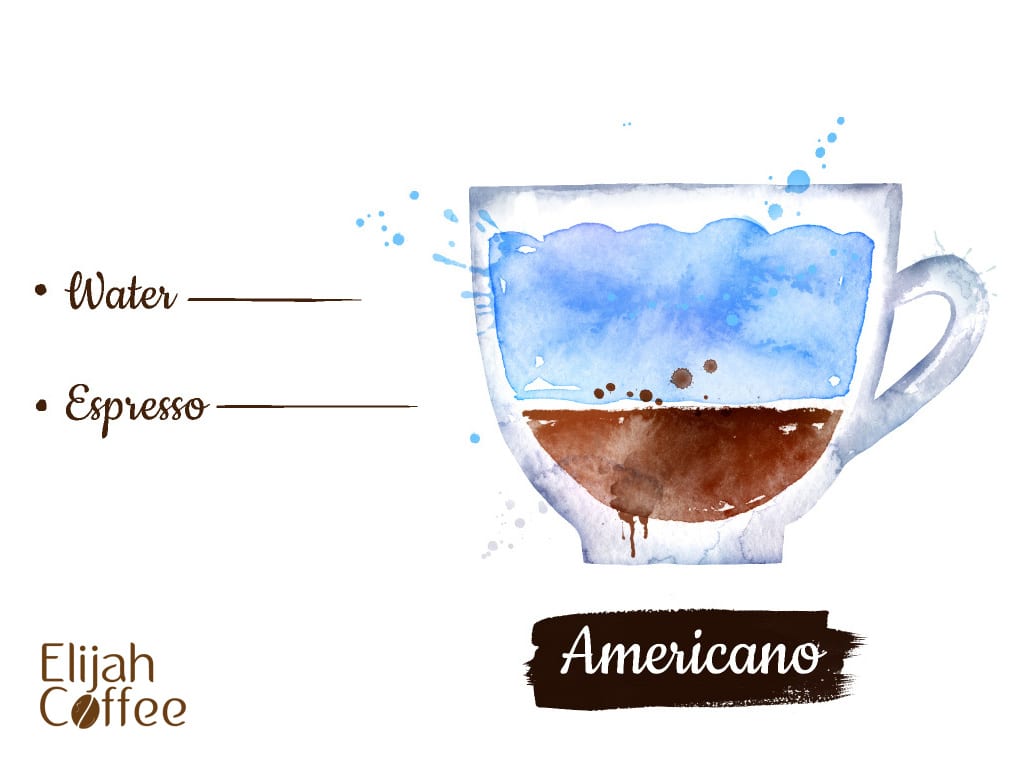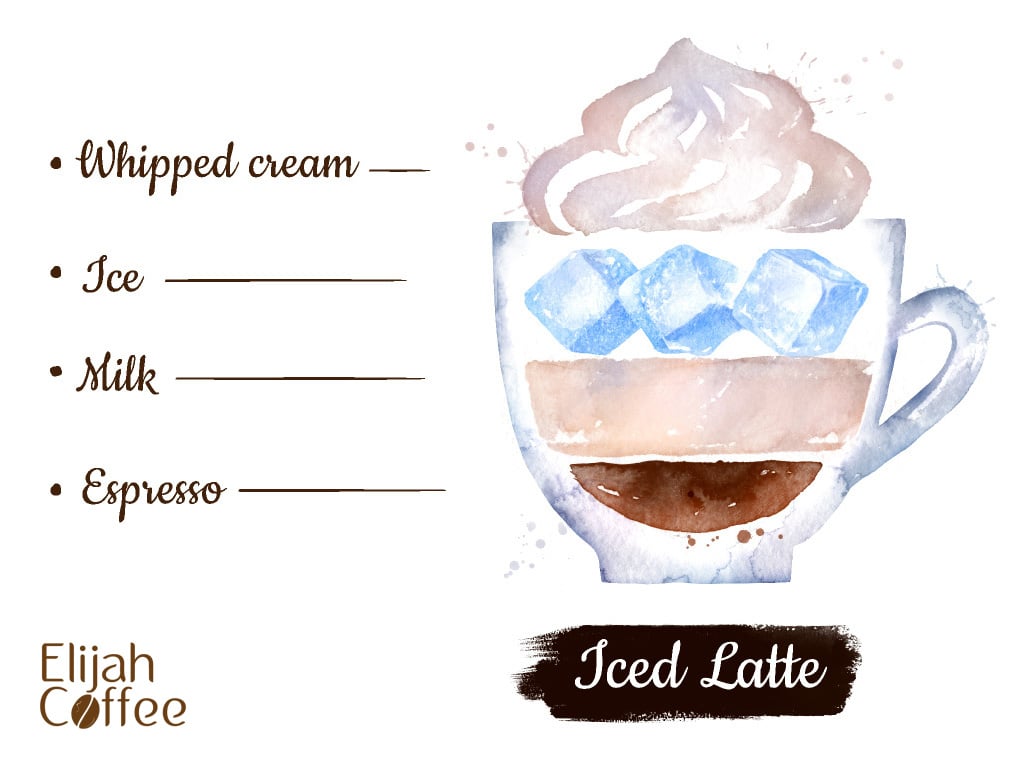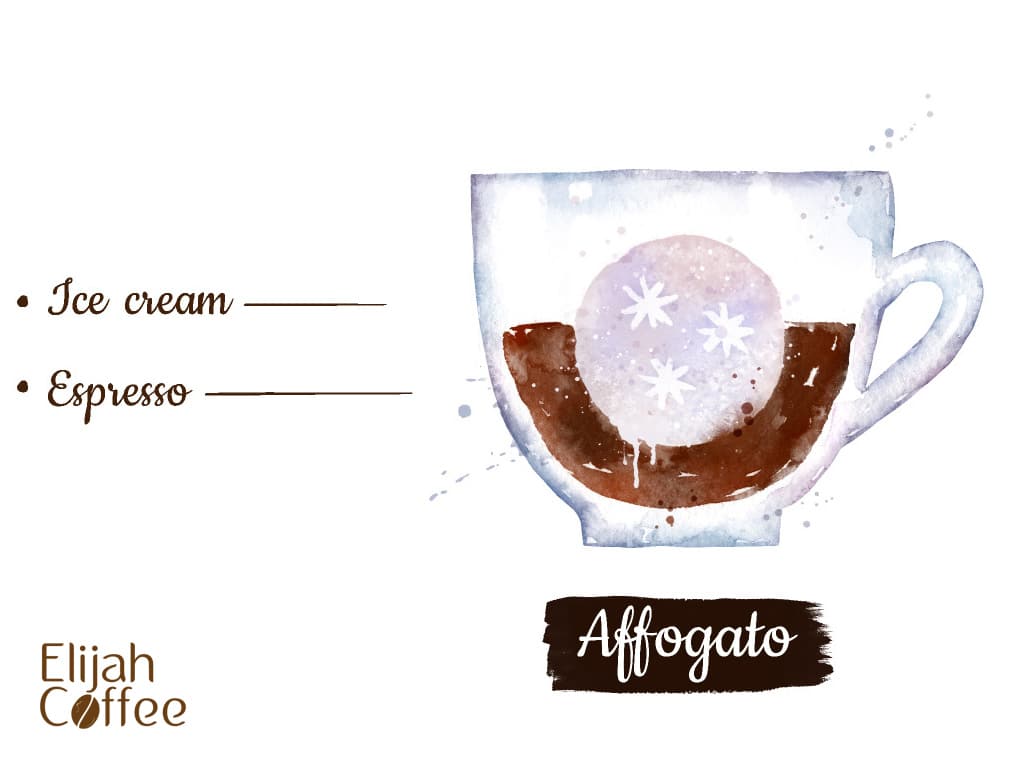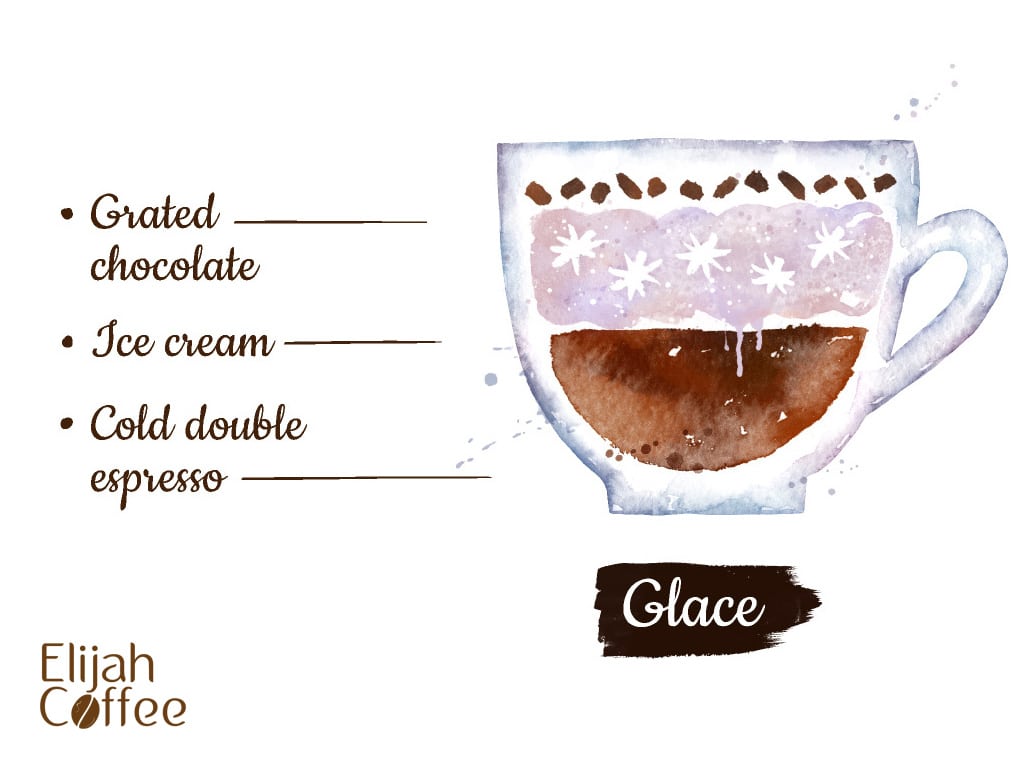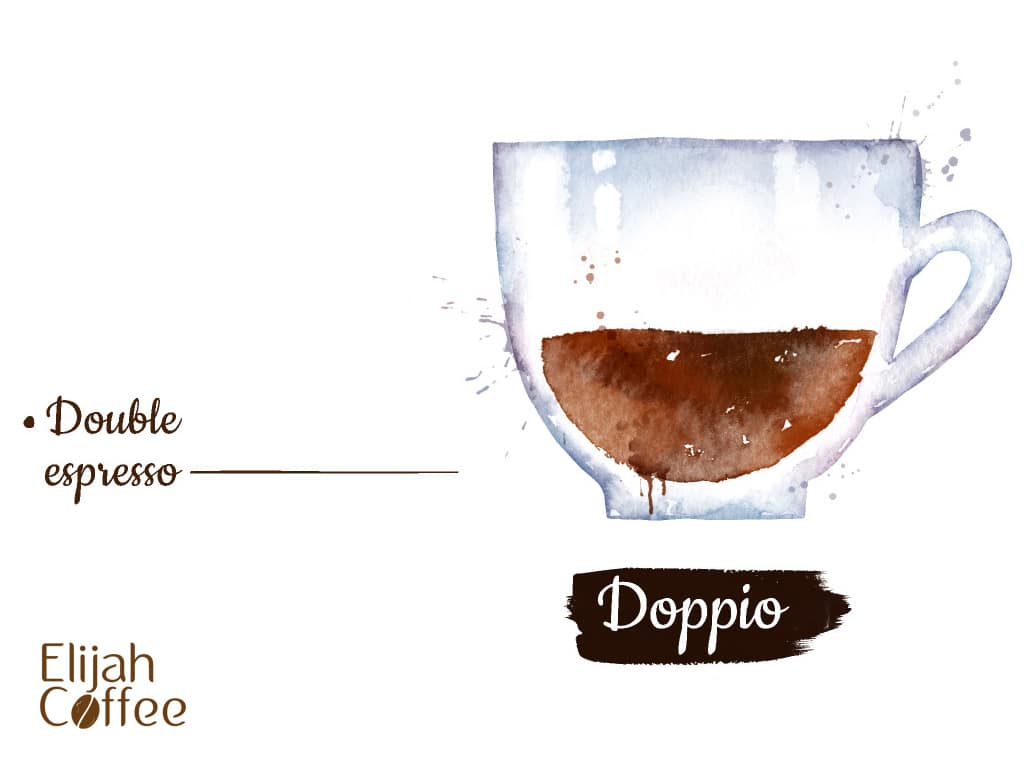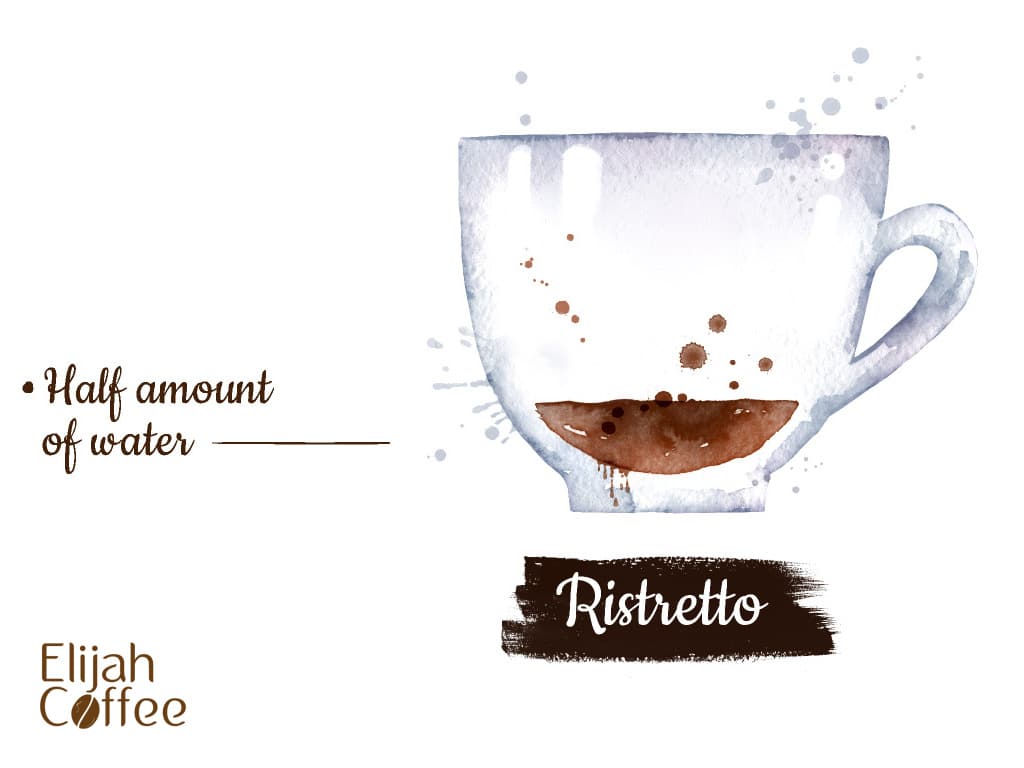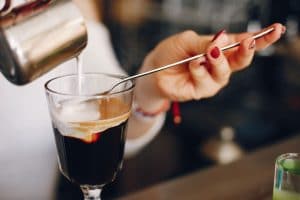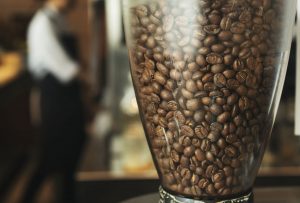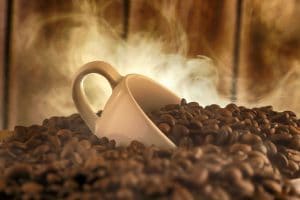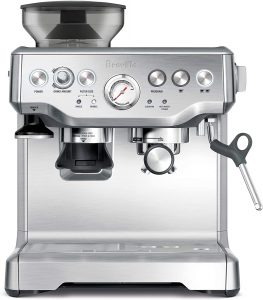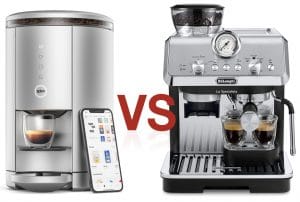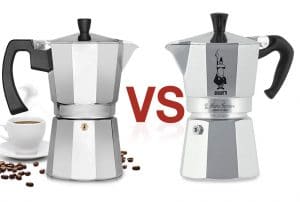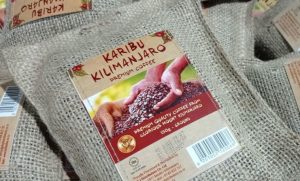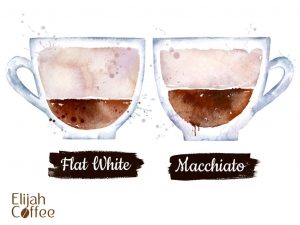Coca-Cola is the most popular soft drink in the world, available in more than 200 countries. It’s a sweet, carbonated beverage known as the original energy drink because it included coca leaves and kola nuts.
However, today’s drink no longer contains cocaine, and it is claimed that the closely guarded secret components no longer get their caffeine from the kola nut. Despite this, there is still a decent amount of caffeine in Coca-Cola.
How Much Caffeine Is in Coke?
A 12-ounce can of Coca-Cola contains 32 milligrams of caffeine. If you drank the same amount of coffee, you’d ingest 142 mg of caffeine. That means Coca-Cola has considerably less caffeine than regular brewed coffee.
The most common source of caffeine in the United States is coffee, followed by tea. A typical cup of coffee also has considerably more caffeine than Red Bull or any other energy drink. Most soda producers, including Coca-Cola and Diet Coke, offer caffeine-free versions.
How Much Caffeine Is In Coke Vs Coffee?
Coffee, for example, has varying levels of caffeine depending on the type and roast. A medium coffee from Starbucks might contain 150 milligrams of caffeine in a 12-ounce drink, whereas a more typical cup of coffee would have around 150 milligrams.
A single cup of instant coffee, for example, has about 120 mg of caffeine. Even decaffeinated coffee may contain as much as 5 mg of caffeine per 12 oz beverage.
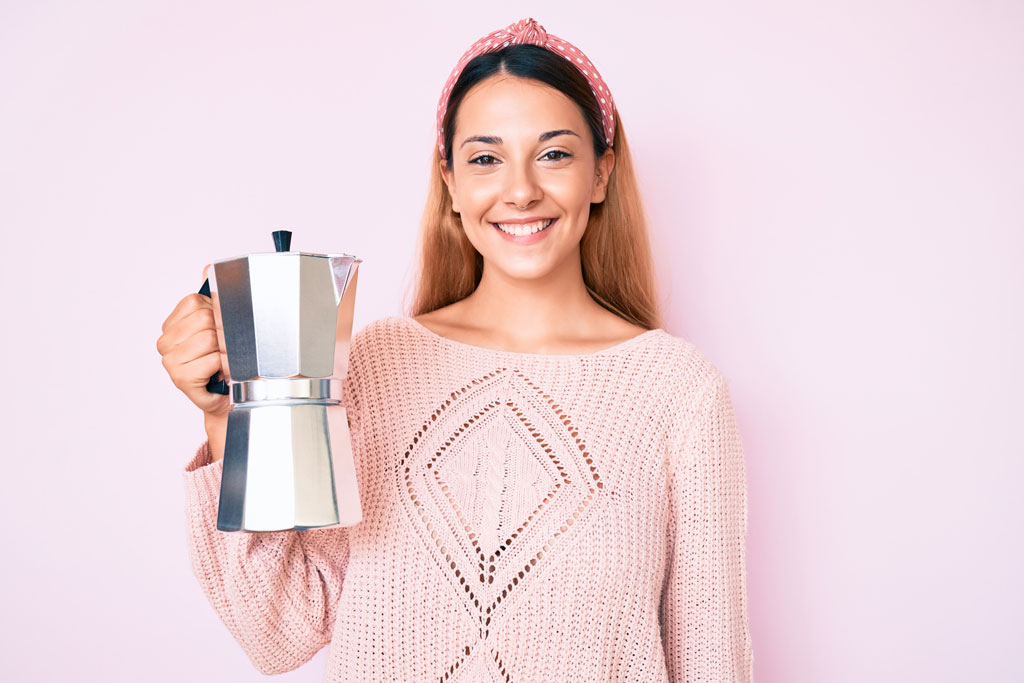
How Much Caffeine Is In Coke Vs Tea?
A 12 oz cup of black tea has approximately 75 mg of caffeine, while green tea has a lower concentration and contains around 40 mg in the same amount.
Tea is not as caffeine-free as many people believe. The amount of caffeine in tea varies by the type and size of the serving.
It isn’t necessarily as low in caffeine as some individuals may think, despite being less caffeinated than coffee. The quantity of caffeine present in a cup of tea depends on its style and portion measurement.
What Sodas Have The Most Caffeine?
The caffeine content of Mountain Dew is 54 mg in each 12 oz bottle, whereas Dr. Pepper has 41 mg.
Coca-Cola and Pepsi have been criticized for the amounts of caffeine and sugar in their products. Furthermore, critics note that these beverages are popular among teenagers and young adults: those discouraged from drinking high-caffeine soda or beverages.
Diet Coke is one of the most popular caffeinated soft drinks, yet Coca-Cola doesn’t rate as poorly.
Why Do Soft Drinks Contain Caffeine?
Caffeine was originally a component of cola beverages since soft drink manufacturers (such as Coca-Cola) used kola nut extract to make the beverage, and caffeine is naturally present in the kola nut.
Coca-Cola began incorporating coca plant extracts into their beverages in the early 20th century. Because none of these natural sources are used any longer, it’s only natural that fizzy drinks would include caffeine to replicate the flavor of the kola nut.
The Food and Drug Administration proposed that caffeine be removed from soft drinks in 1980. Soft drink manufacturers argued that caffeine is added to the beverages to provide the desired taste, which is not hazardous to one’s health.
What Soda Has The Least Caffeine?
Some of the world’s most popular soft drinks, such as Sprite, Fanta and ginger ale, do not contain any. Same as caffeinated Coca-Cola and Pepsi are caffeine-free.
Caffeine does not occur naturally in fruit drinks or during the carbonation process, and it must be added to a drink by the manufacturer. As a result, there are many caffeine-free drink choices accessible.
Why Caffeine Intake Matters for Some?
Caffeine has a wide range of health advantages. According to studies, it can help boost metabolism, enhance exercise performance, and increase alertness.
Caffeine can have both beneficial and harmful effects. It is a stimulant that may be useful for people who want to stay awake for long periods of time, but it can also cause negative side effects, especially in sensitive individuals. Caffeine is addictive and some studies suggest that genetic variations might influence how it affects people.
Caffeine can also have a negative impact on mental health, according to one research of 2,307 youngsters that found an association between greater caffeine consumption and higher levels of perceived anxiety and sadness.
Excess consumption can also result in a slew of negative side effects, including migraines, high blood pressure and sleep problems.
Furthermore, it is advised that women who are pregnant or breastfeeding avoid consuming caffeine, since it has been linked to an increased risk of miscarriage and low birth weight.

